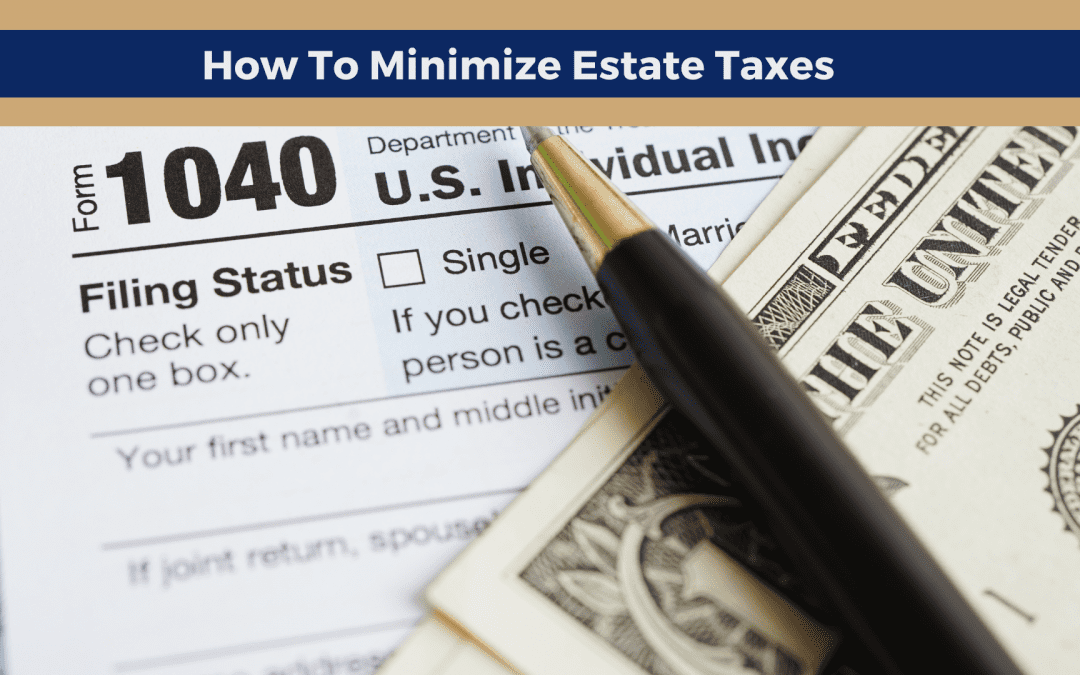Minimizing potential tax liabilities in the context of estate planning involves careful planning and strategic decision-making to legally reduce the amount of your estate subject to taxation upon your passing. While tax laws may vary by jurisdiction and change over time, here are some general strategies that individuals often consider to minimize potential tax implications:
- Annual Gifting: Take advantage of the annual gift tax exclusion to provide tax-free gifts within specified limits, reducing the size of your taxable estate over time.
- Lifetime Gift Exemption: Utilize the lifetime gift exemption, allowing you to gift a certain amount during your lifetime without incurring gift tax. This exemption is separate from the estate tax exemption.
- Irrevocable Life Insurance Trust (ILIT): Establish an ILIT to own and manage life insurance policies, removing their value from your taxable estate.
- Qualified Personal Residence Trust (QPRT): Transfer a primary residence or vacation home into a QPRT, retaining the right to live in the property for a specified period.
- Charitable Giving: Make charitable donations during your lifetime or through your estate to reduce the taxable value of your estate, providing deductions against income and estate taxes.
- Family Limited Partnership (FLP) or Family Limited Liability Company (LLC): Utilize FLPs or LLCs to consolidate and manage family assets, reducing the value of your estate while maintaining control.
- Grantor Retained Annuity Trust (GRAT): Transfer assets to a GRAT while retaining an annuity stream for a specified period.
- Dynasty Trust: Establish a dynasty trust to benefit multiple generations, allowing assets to grow outside of your taxable estate.
- Spousal Lifetime Access Trust (SLAT): Fund an irrevocable trust for the benefit of your spouse while retaining indirect access to the assets.
- Estate Freeze Techniques: Consider techniques like intentionally defective grantor trusts (IDGTs) or qualified personal residence trusts (QPRTs) to “freeze” asset values for estate tax purposes while retaining certain benefits.
- Regular Updates: Estate tax laws change, so work with professionals, including Family Wealth and Estate Attorneys, to regularly review and update your estate plan to align with the current legal landscape.
- Consultation: Estate planning can be complex, so seek guidance from experienced professionals, such as Estate and Succession Planning Attorneys, to tailor a strategy to your unique financial situation and goals.
It’s essential to note that estate tax laws vary, and the effectiveness of these strategies depends on individual circumstances. Always consult with qualified professionals before implementing any estate planning strategies.
This article is presented by Michelle Bell, an expert in estate planning and business succession services. Our office provides comprehensive legal support for businesses, assisting you in making informed decisions throughout your entrepreneurial journey and in planning for future contingencies. We also offer a specialized session where we review your business’s legal structures. To arrange this consultation, please click the following link: https://calendly.com/mcblawpllc/30min.
The information in this article is intended purely for educational and informational use and should not be considered as advice on ERISA, tax, legal, or investment matters. For advice specifically tailored to your unique situation, such advice should be sought independently from this educational content.

